Research emphasizes need for SEL
An October webinar hosted by our Future Ready Alliance underscored the key roles that awareness of personal biases and an understanding of equitable treatment play in social and emotional learning (SEL). (Educators who were unable to attend the webinar can view a recording.)
The presentation, given by Eva Allen, EdD., served as a curtain-raiser on the Alliance’s agenda for 2020-2021, which focuses on SEL and equity. Both have come to the forefront as K-12 schools weather a pandemic that’s created a need for remote learning options and as they and other institutions confront challenges around racial equity.
Speaking broadly, Dr. Allen told webinar attendees that the current emphasis on SEL is more than just a trend.

“The research shows that the focus on social and emotional learning has extreme benefits, not just for adults, but for students and the community,” she said, adding that benefits for students manifest in attendance, engagement and academic performance.
Advocates also are increasingly emphasizing equity as part of SEL, Dr. Allen noted. “Equitable treatment and equity are themes that arise in almost all aspects of social and emotional learning.”
A Learning Environment Specialist with Pittsburgh Public Schools, an SEL researcher and founder of Culturally Connected Education, Dr. Allen developed an award-winning theory of “Cultural Care” that emphasizes equity.
Gaining “self-awareness,” one of five core competencies for SEL, is dependent on “examining our own prejudices and biases,” she said. “It’s really important that we recognize that we bring these naturally to any space because of our experiences and our knowledge and upbringing.”
“Having an awareness of those is essential in relationship building,” she added.
Similarly, helping students develop “social awareness,” another of the five core SEL competencies, hinges on helping them become active listeners so that they can empathize with the experiences, perspectives, and upbringings of people from diverse backgrounds, as well as systemic barriers others may face.
In addition to highlighting equity as an important element in students’ SEL, Dr. Allen also discussed the difficulties remote learning presents in cultivating SEL and introduced some strategies for student engagement.
In remarks following the presentation, she also said the pandemic presents both challenges and opportunities in education.






